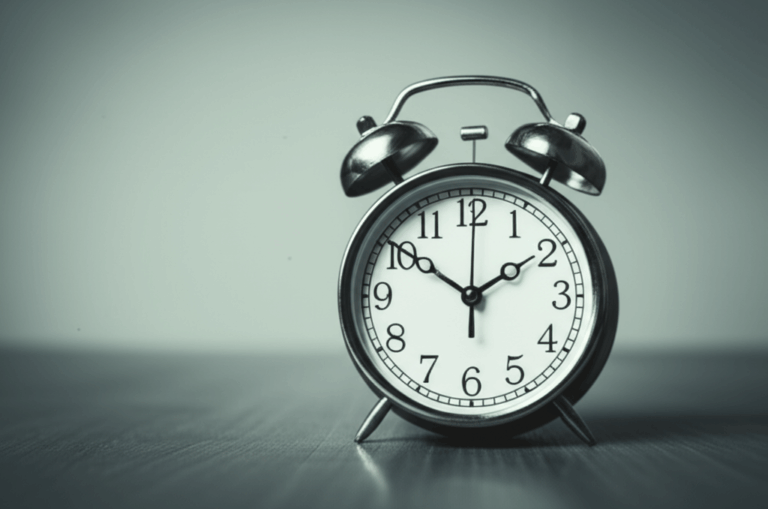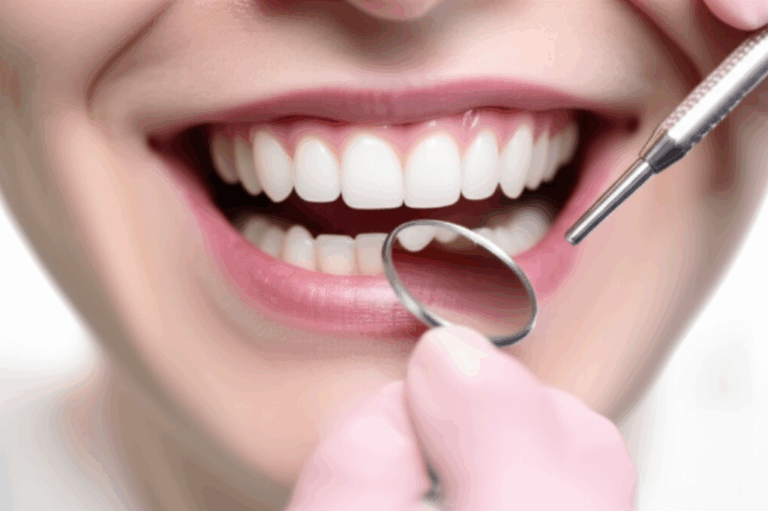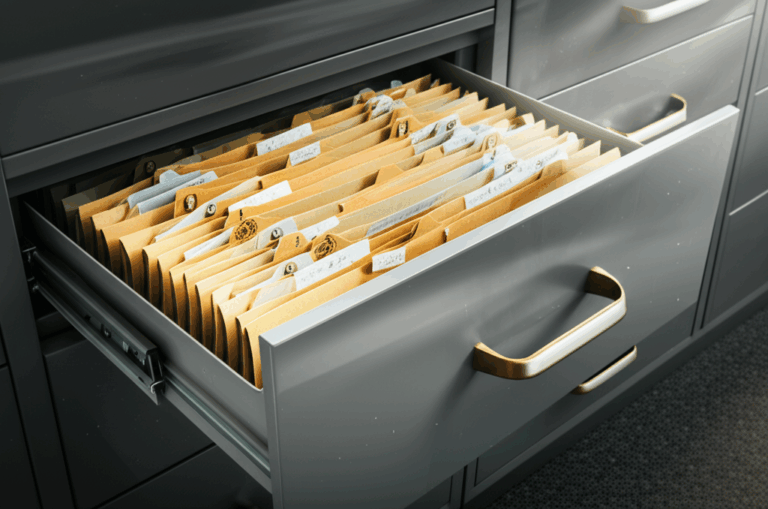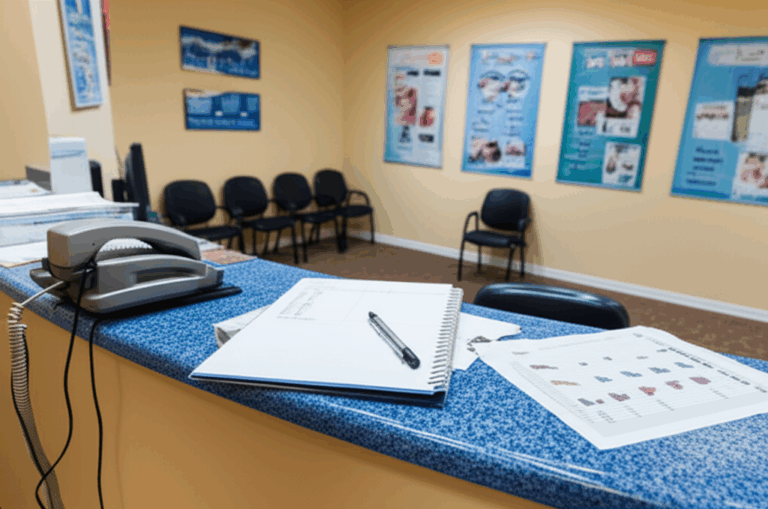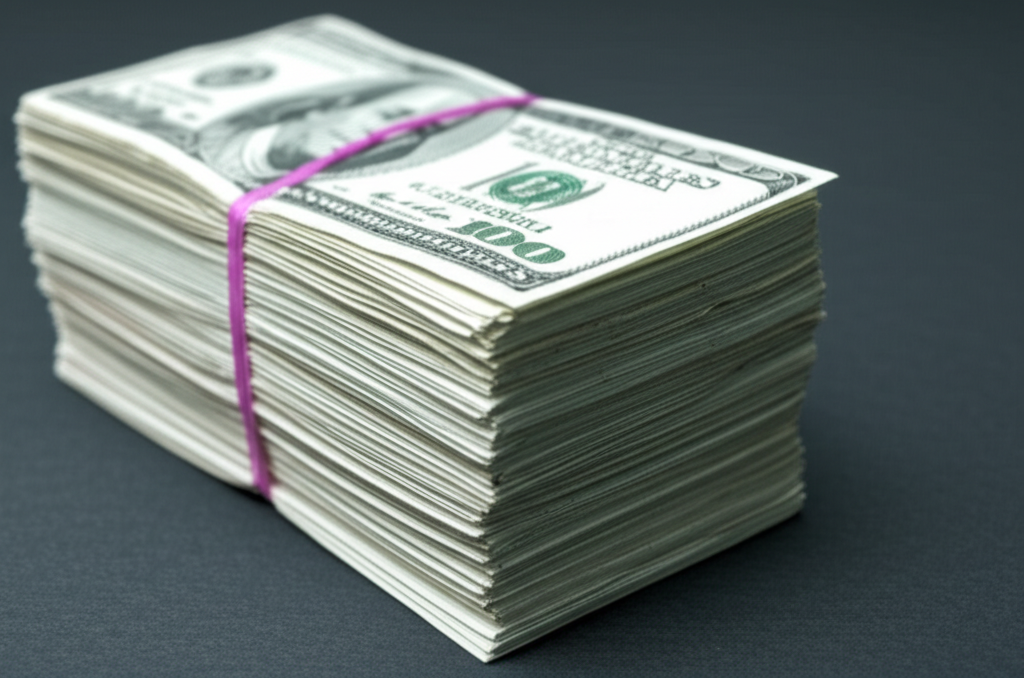
How Much Does It Cost to Be Put to Sleep at the Dentist? Your Complete Guide
Worried about the cost of dental sedation? Wondering if you can afford to be “put to sleep” for your next dental visit? You’re not alone. This article explains everything in plain English – from types of sedation, to what insurance covers, to tips that save you money. It’s worth reading because an informed patient makes smarter choices, feels more confident at the dentist, and never gets surprised by a bill again.
Table of Contents
Understanding Dental Sedation: What Does “Being Put to Sleep” Really Mean?
Let me start with a story. Years ago, my friend Anne sat in a dental chair. She was so scared about her tooth being pulled that she could barely breathe. The dentist said, “We can help you relax, Anne. Would you like to be sedated?”
Anne thought she’d be totally knocked out, maybe even snoring! But that’s not always what “being put to sleep” means at the dentist. Sometimes, you’re just a little relaxed. Other times, you might not remember much at all.
Dental sedation comes in a few levels:
- Minimal sedation: You feel calm, but you’re awake.
- Moderate sedation: You’re sleepier, but you can answer easy questions.
- Deep sedation: You’re almost asleep, and may not remember the procedure.
- General anesthesia: You’re completely asleep, like during an operation.
People call these things many names. Maybe you’ve heard “laughing gas,” “twilight sleep,” or just “asleep.” Each one is a little different, and they all cost a different amount.
Why Do People Want to Be Put to Sleep at the Dentist?
Here’s the main problem: Many people are afraid of the dentist. Some have a real fear of dental visits; others can’t sit still or have a strong gag reflex. I remember feeling this way before my root canal. My palms were sweaty, and I honestly wanted to run out the door.
You might want to be put to sleep if:
- You are so nervous that going to the dentist feels impossible.
- You have big or long dental procedures, like wisdom teeth removal or dental implants.
- Your mouth doesn’t get numb with regular numbing shots.
- You (or your child) have special needs, making treatment hard.
- You want the visit to feel pain-free—even if it costs extra.
Being sedated helps you:
- Relax or even nap through the work.
- Forget about the noise, sights, or pain.
- Get more dental work done in fewer visits.
What Kinds of Dental Sedation Are There?
Choosing a type of sedation is a bit like picking between riding a bike, driving a car, or flying a plane—they all get you somewhere, but they feel different and cost different amounts.
Let’s break down the types of sedation dentists use:
- Breathe in a sweet-smelling gas through a mask.
- You feel happy, light, relaxed, but you’re awake.
- The gas goes away in minutes.
- Take a pill (like Valium or Halcion) before your visit.
- You may feel sleepy or forgetful, but you can still answer.
- Medicine goes straight into your blood with a tiny needle.
- You’re very relaxed, maybe sleeping a little, but can wake up if needed.
- You are completely asleep—like during an operation.
- Your breathing, blood pressure, and heart rate are watched closely by a dental anesthesiologist or an oral surgeon.
Different procedures need different sedation. For example, if you’re getting a dental crown or bridge, you might only need nitrous oxide. For a whole mouth makeover, general anesthesia could be needed.
What Factors Affect How Much Dental Sedation Costs?
Now, let’s talk money. If you’re like me, you want a straight answer: “How much will I pay?”
The truth is, sedation prices change a lot based on a few big reasons:
How Much Do Different Types of Dental Sedation Cost?
Here’s what you really want to know—the numbers! These are average guesses from Dr. Joe Dental and other experts. Always ask for a personal quote.
| Type of Sedation | How It Feels | Average Cost | What’s Included |
|---|---|---|---|
| Nitrous Oxide | Calm, giggly, wide awake | $50 – $150 per visit | Gas, mask, checking you |
| Oral Sedation | Sleepy, can answer questions, forgetful | $200 – $800 per visit | Medicine, time, checking you |
| IV Sedation | Very sleepy, may nap, little memory | $500 – $1,000+ per hour | Medicine, IV, expert checking you |
| General Anesthesia | Fully asleep, no memory, special machines needed | $600 – $1,500+ per hour | Anesthesiologist, hospital/room, checking your health |
For example:
- Four wisdom teeth out with general anesthesia? Expect $1,500–$3,000 just for the sleep part, not counting the removal cost.
- A regular filling with laughing gas? Can be as little as $75 extra.
Remember, dental schools sometimes offer lower prices for sedation, especially if you’re okay with dental students learning (with teachers watching every step).
Does Dental Insurance Cover Sedation?
Here’s where things get tough. Insurance can really help or make things harder.
- When is it covered? Usually, only if sedation is really needed for health. That could mean:
- Strong dental anxiety
- Surgery (like implants or lots of teeth pulled)
- Special needs (kids or adults who can’t handle treatment)
Most dental plans…
- Pay for basic sedation like nitrous oxide only for kids or tough cases.
- Might pay more in rare situations—say, you have a medical issue that makes sedation really important.
Medical insurance might cover anesthesia for surgery in a hospital, but only if it’s really needed.
If you’re not sure, do this:
Paying yourself for sedation is pretty normal, especially if it’s just because you’re afraid of the dentist.
Ways to Make Dental Sedation More Affordable
Don’t let the price stop you from getting the help you need. Try these smart ideas:
If you need more options, ask a removable denture lab or dental lab about cost-saving solutions.
When Should You Consider Dental Sedation?
You shouldn’t pick sedation just because you’re a little nervous. Think about it! Here are the big reasons to say “yes” to being put to sleep:
- You have real dental fear or panic attacks before treatment.
- You have several hours of dental work—like a big makeover or lots of extractions.
- Your gag reflex is so strong that it’s impossible to finish even a cleaning or filling.
- Shots to numb your mouth just don’t work for you.
- Your child or someone you know needs special care, making regular appointments very hard.
Remember:
Dental sedation can make a scary visit calm and easy. But it does cost more, so think about what matters to you: comfort, safety, or keeping costs down.
What to Do Before and After Getting Sedation at the Dentist
Before your visit:
- Meet your dentist or the person giving you sedation. Share your health history, medicines, and allergies.
- Follow all the sedation rules. You might need to skip food and water before.
- Get someone to drive you home—even if you only get oral sedation.
After your visit:
- Plan to rest for a while until you feel awake.
- Follow the dentist’s instructions (don’t drive, use machines, or make big choices for several hours).
- Take it easy for the day.
Dr. Joe Dental says, “Your health and safety always come first with dental sedation. If you ever feel unsure, just ask your dentist for advice.”
Frequently Asked Questions about Dental Sedation Costs
Q: Is dental sedation safe?
A: Yes, for most healthy people. Dentists and anesthesiologists are trained to watch your breathing, heart, and blood pressure the whole time. Special care is taken with kids, seniors, or people with health problems.
Q: What if I don’t have insurance?
A: You can still get sedation. Use payment plans, dental schools, or discount clubs to make it easier to pay.
Q: How long does sedation last?
A: Laughing gas goes away in minutes. Oral or IV sedation might make you sleepy for a few hours. General anesthesia takes the longest to go away.
Q: Does insurance cover sedation for fillings or cleanings?
A: Hardly ever. Unless you have a medical reason (like a real fear or disability), insurance usually sees this as an extra.
Key Takeaways: The Most Important Points to Remember
- Not all “sleep dentists” cost the same. Nitrous oxide is way cheaper than general anesthesia, which can be thousands of dollars each hour.
- Why you need sedation matters. Insurance covers more if it’s “medically needed.”
- Look around for the best price. Don’t forget dental schools and discount plans.
- Get ready. Ask your dentist and your insurance to show you your bill before you say yes to sedation.
- Comfort is worth paying for. For some people, avoiding pain and fear is the most important thing.
And if you want to know more about dental crowns, implants, or other work, check out what’s possible with a china dental lab for good quality, affordable dental work.
References:
- American Dental Association
- American Dental Society of Anesthesiology
- Dr. Joe Dental, DDS
Now, breathe easy—you’ve got everything you need to make the right choice about being put to sleep at the dentist!

